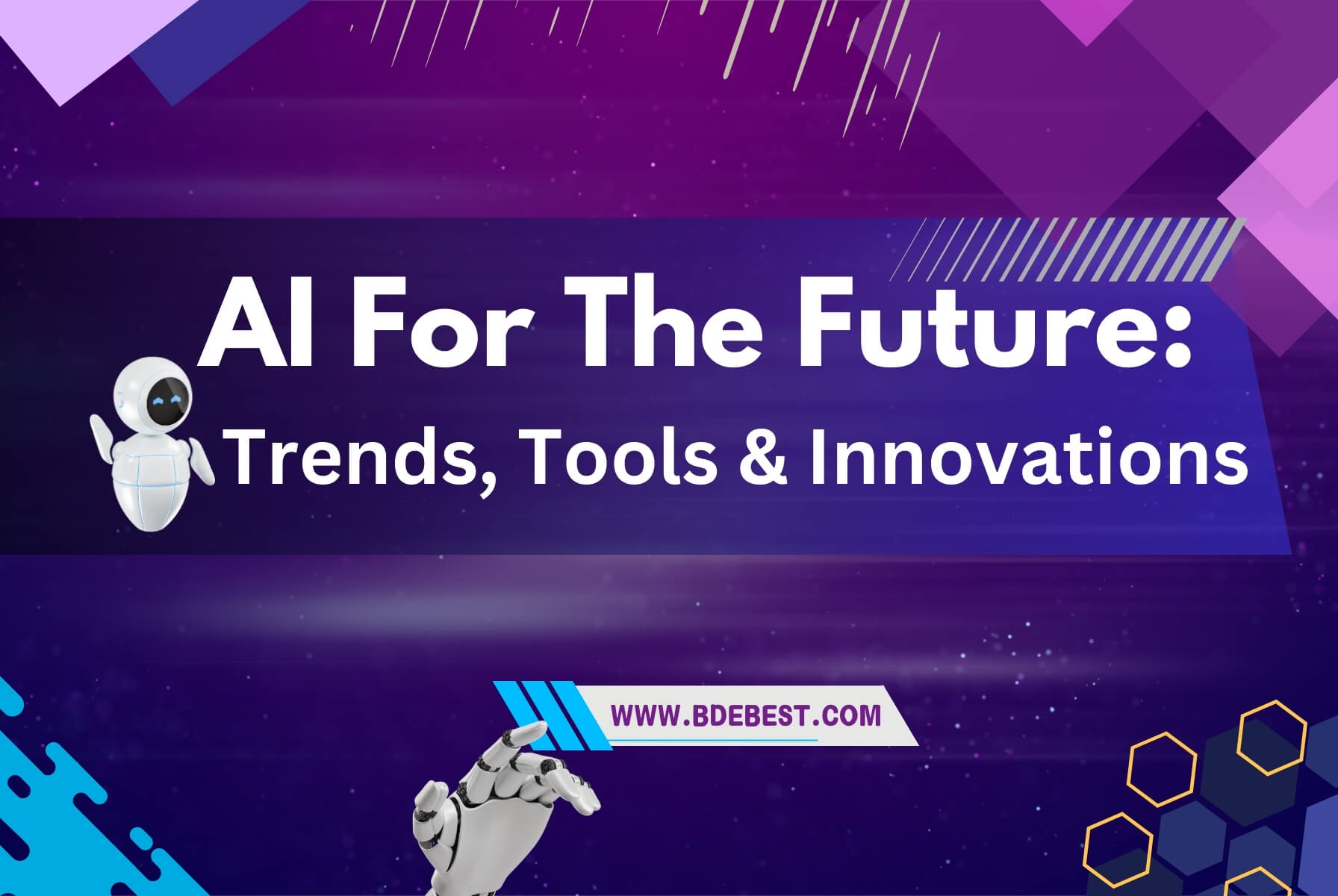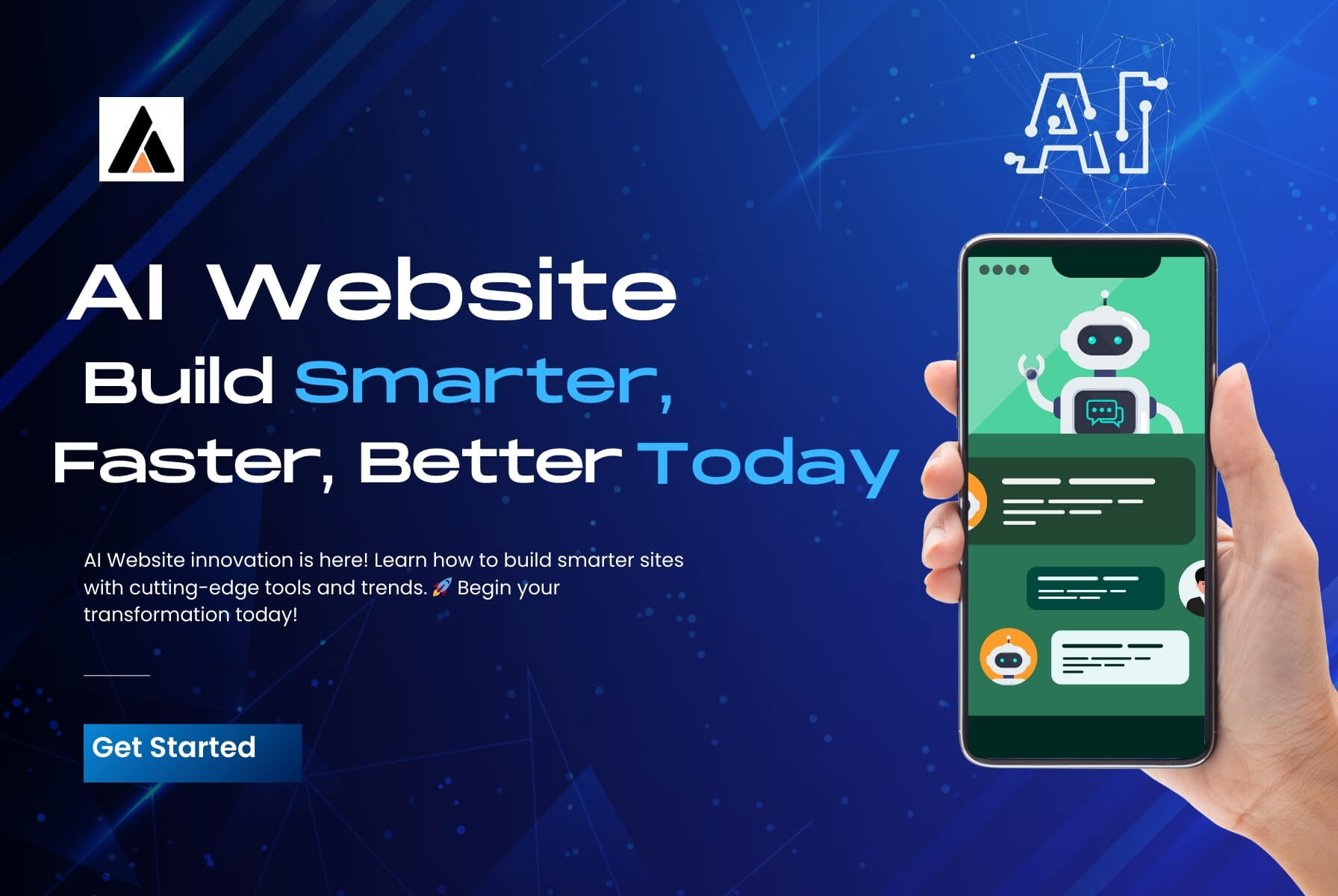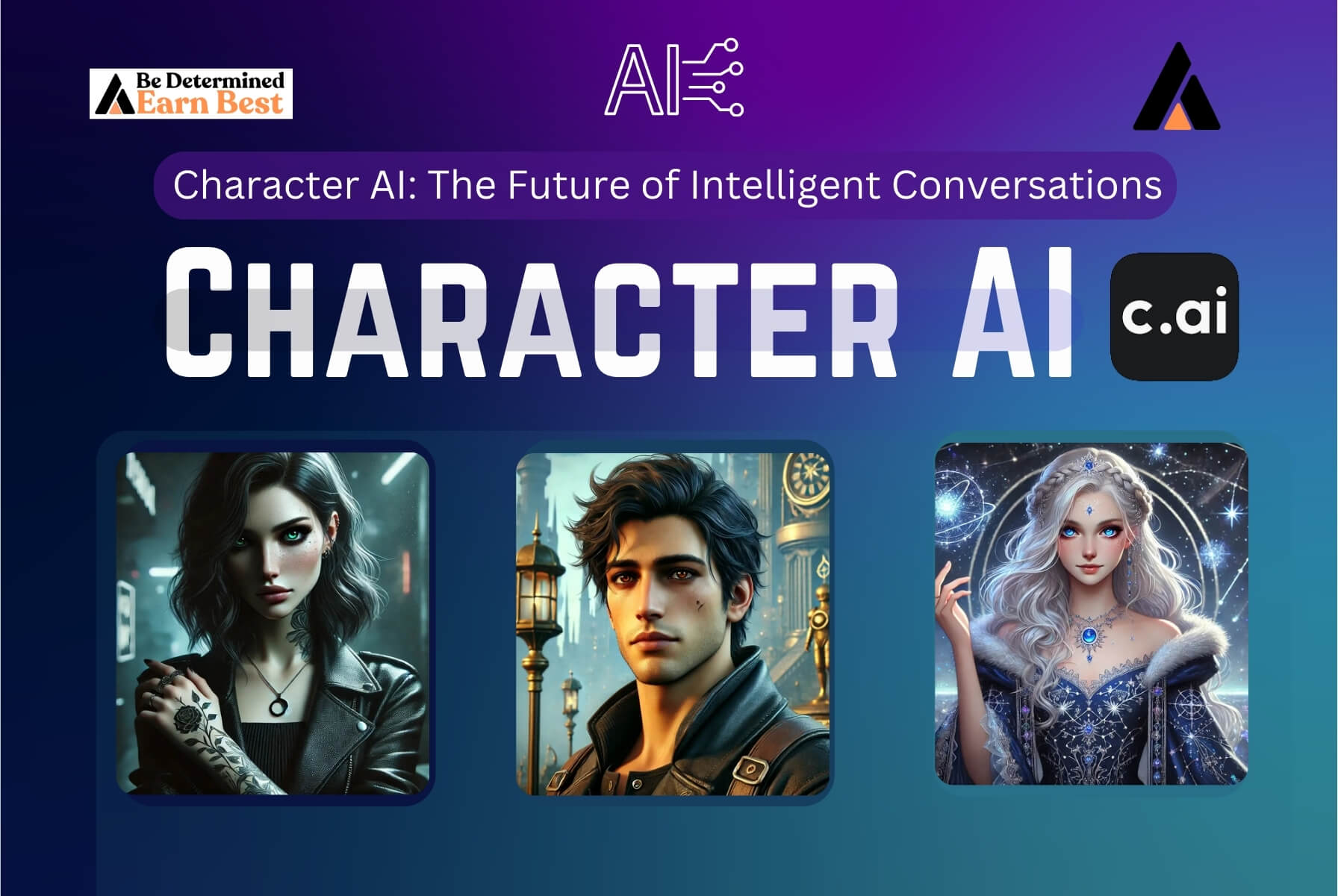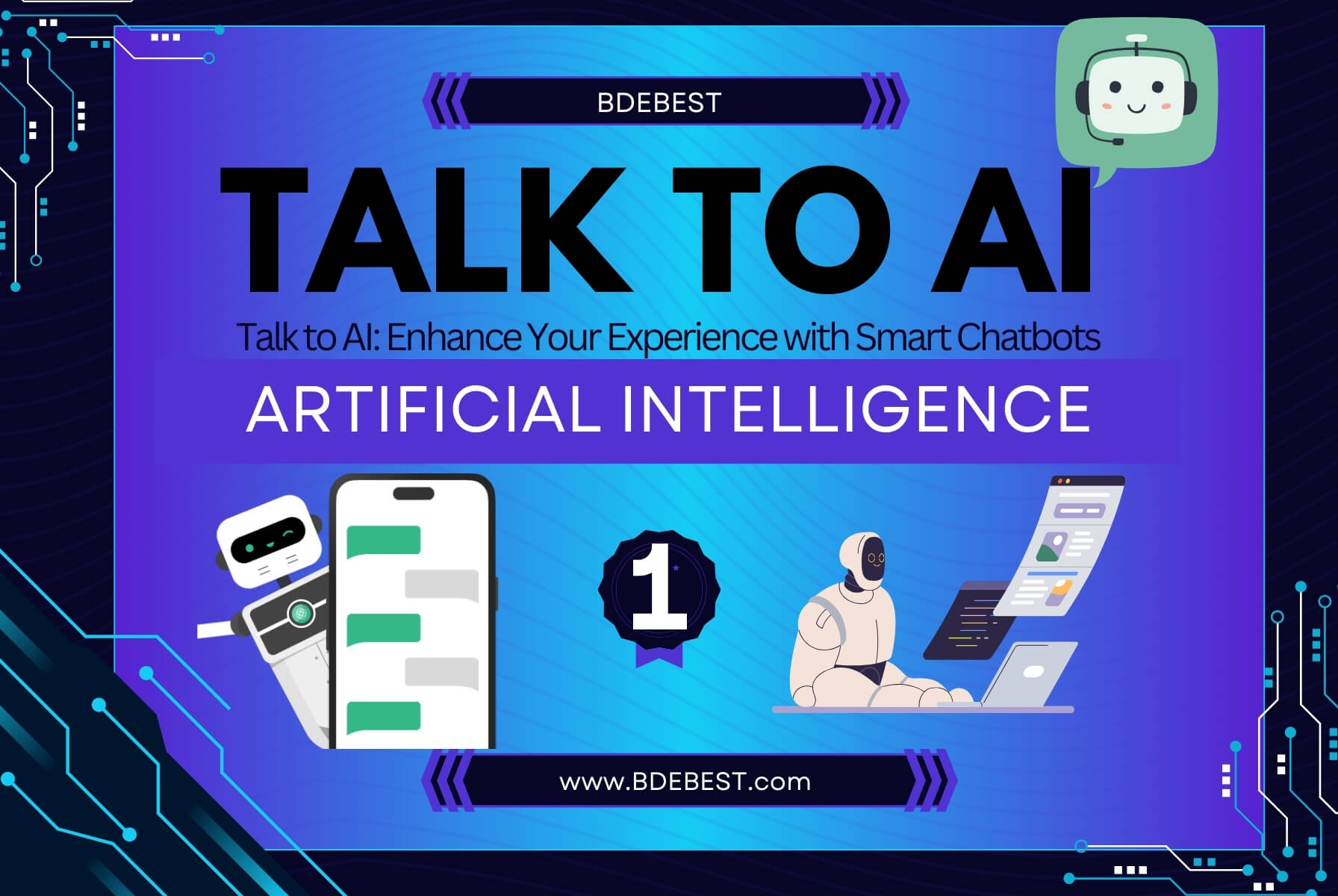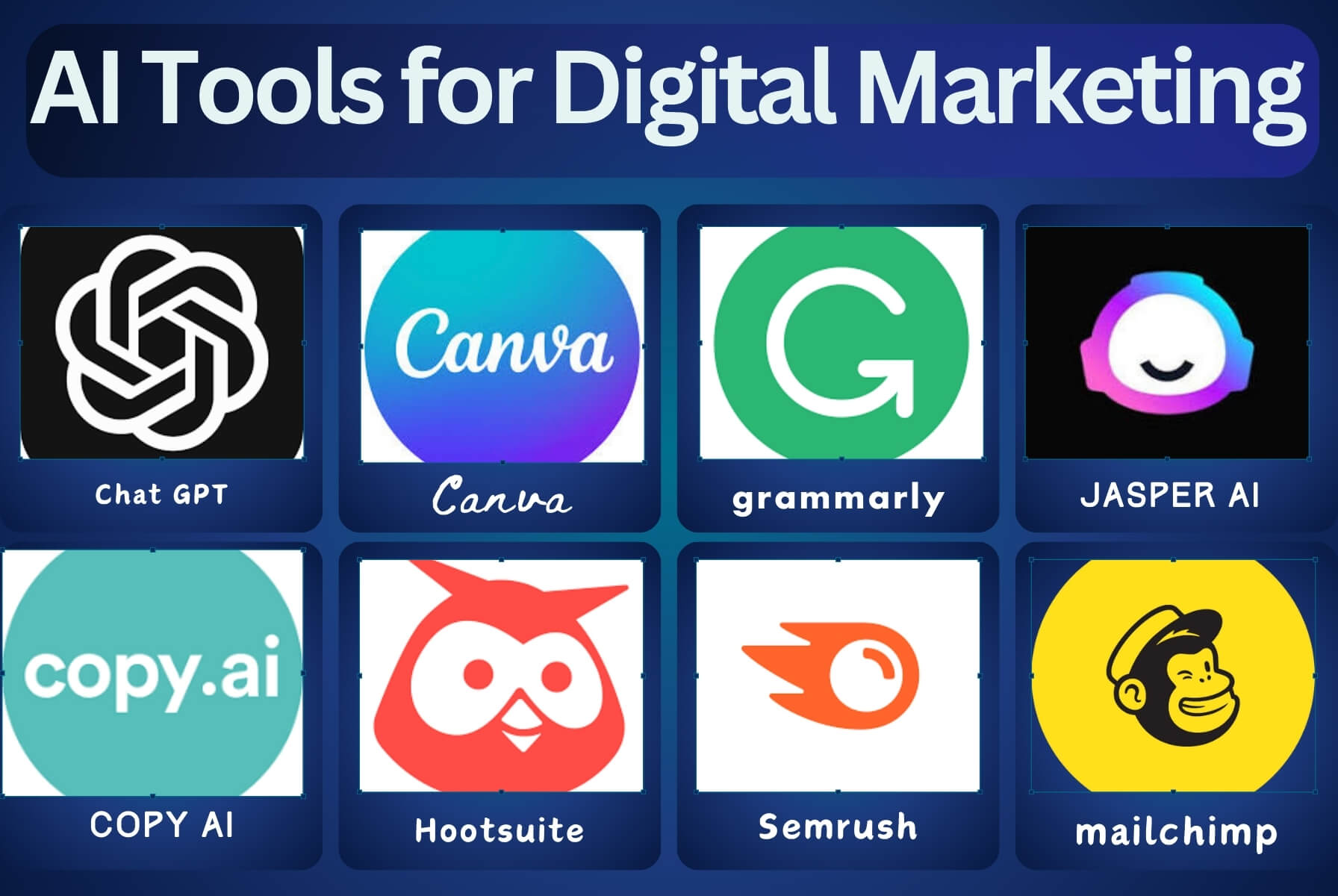Artificial Intelligence (AI) has become a cornerstone of innovation in the 21st century, impacting industries and daily lives in profound ways. From enhancing communication through AI chatbots to creating breathtaking digital art with Midjourney AI, this technology is reshaping the world. In this article, we dive deep into the fascinating world of AI, its evolution, applications, and the exciting possibilities it offers.
What is Artificial Intelligence?
Artificial Intelligence involves creating systems that emulate human thought processes, enabling machines to perform tasks requiring human-like intelligence. These machines are programmed to think, learn, and adapt, performing tasks that typically require human intelligence.
Types of AI
- Narrow AI: Designed to perform specific tasks, such as virtual assistants like Chat GPT-4 or Google AI Chatbot.
- General AI represents theoretical systems with the ability to perform any intellectual activity a human can undertake, regardless of domain.
- Superintelligent AI: An advanced stage of AI that surpasses human intelligence (still theoretical).
Key Features of AI
- Learning Capabilities: AI systems learn from data using machine learning techniques.
- Reasoning: They can make decisions based on logic and data.
- Self-correction: AI improves itself over time through iterative processes.
Evolution of AI
AI has undergone tremendous growth since its inception.
Early Beginnings
- 1950s-1970s: AI emerged as a concept with the development of algorithms like the Turing Test, designed to evaluate machine intelligence. This era also saw the creation of simple programs for games like chess.
The AI Winter
- 1980s-1990s: Interest in AI waned due to limited computational power and unmet expectations, leading to reduced funding and progress.
The Resurgence of AI
- 2000s-Present: The explosion of data, advancements in computational power, and innovative algorithms sparked a new era for AI. Technologies like generative AI and platforms such as OpenAI’s Chat GPT series began to transform industries globally.
Applications of AI
The versatility of AI allows it to be applied across various fields, revolutionizing traditional practices.
1. Communication and Customer Support
AI chatbots have revolutionized customer interactions:
- AI Chatbot Online: These tools are available 24/7 to resolve queries efficiently, enhancing customer satisfaction.
- Google AI Chatbot: Provides natural and human-like conversations, enabling seamless user experiences.
- Chat GPT-4: A robust tool for creating engaging and informative dialogues, it’s widely adopted in businesses.
2. Creative Arts
Generative AI tools like Midjourney AI have transformed the creative landscape by producing:
- Stunning digital artwork that combines artistic creativity and computational precision.
- Unique visual designs used in branding, marketing, and entertainment industries.
3. Healthcare
AI enhances medical diagnostics and personalized care:
- Predictive Analytics: AI predicts diseases based on patient data, improving preventative care.
- Medical Imaging: AI processes and analyzes medical images faster and with high accuracy.
- AI-driven Robotic Surgeries: Enhances precision and reduces human errors during complex procedures.
4. Finance
Financial institutions leverage AI for:
- Fraud detection by analyzing transaction patterns.
- Personalized investment strategies tailored to individual risk profiles.
- Automating credit scoring and loan approvals.
5. E-commerce
AI optimizes shopping experiences by:
- Delivering tailored recommendations based on user browsing behavior and preferences to enhance user experiences.
- Automating inventory management to ensure timely stock replenishment.
- Enhancing logistics with predictive demand analysis.
6. Education
AI in education has:
- Personalized learning programs for students.
- Automated grading systems for quicker evaluation.
- AI tutors that provide instant feedback and assistance.
7. Transportation
AI powers advancements in autonomous vehicles:
- Self-driving cars use AI to navigate roads, ensuring safety and efficiency.
- AI improves traffic management by analyzing congestion patterns.
Key Players in AI
Several companies and platforms are at the forefront of AI development:
1. OpenAI
Known for its breakthroughs in natural language processing, OpenAI has developed tools like:
- Chat GPT-4: Capable of complex conversations, creative writing, and problem-solving.
- DALL-E: A tool that creates images from textual descriptions, merging creativity and technology.
2. Google AI
Google’s AI research is shaping industries with innovations like:
- Google AI Chatbot for business applications, offering personalized customer interactions.
- AI-driven search algorithms that enhance user experiences.
3. Midjourney
This platform has become a favorite among digital artists, using generative AI to create:
- High-quality visuals for marketing, entertainment, and creative projects.
- Artworks that push creative boundaries, inspiring new possibilities.
Benefits of AI
AI offers numerous advantages across multiple domains:
Efficiency
- Automates repetitive tasks, saving time and resources.
Accuracy
- Minimizes human errors in critical processes like medical diagnostics and financial forecasting.
Scalability
- Handles large volumes of data effortlessly, enabling businesses to grow and adapt quickly.
Accessibility
- Tools like AI chatbots online make services available anytime, enhancing customer support.
Innovation
- Drives breakthroughs in research, technology, and creative arts.
Challenges of AI
Despite its potential, AI faces challenges that require attention:
Ethical Concerns
- Bias in AI Algorithms: Inherent biases in data can lead to unfair outcomes.
- Privacy Issues: AI relies on massive datasets, raising concerns about data security and user privacy.
Job Displacement
- Automation of certain roles may lead to unemployment, necessitating workforce reskilling.
Regulation
- The lack of global standards for AI governance makes ethical use challenging.
- Misuse of AI technologies for malicious purposes remains a significant risk.
The Future of AI
The possibilities with AI are endless, promising transformative changes across industries:
1. Generative AI Advancements
Generative AI is expected to:
- Improve content creation tools for writers, designers, and marketers.
- Revolutionize fields like filmmaking, game design, and virtual reality.
2. AI in Education
AI will:
- Personalize learning experiences, catering to individual student needs.
- Offer instant, adaptive feedback and guidance to both educators and students to improve learning outcomes.
3. Human-AI Collaboration
Rather than replacing humans, AI is poised to act as an assistant, enhancing and complementing human efforts across various domains.
- Enhancing creativity by offering suggestions and solutions.
- Supporting decision-making processes in complex scenarios.
4. AI in Sustainability
AI will play a critical role in:
- Optimizing energy consumption.
- Developing sustainable solutions for industries and cities.
5. Enhanced Healthcare Solutions
AI will enable:
- Faster drug discovery processes.
- More accurate predictive models for global health trends.
FAQ Section
1. What is AI?
AI, or Artificial Intelligence, is the simulation of human intelligence by machines that are capable of learning, reasoning, and self-correction.
2. How does AI work?
AI systems use algorithms and models to analyze data, identify patterns, and make predictions or decisions based on inputs.
3. What is an AI chatbot?
An AI chatbot is a digital tool crafted to engage in human-like dialogues by leveraging natural language processing technologies.
4. What is Midjourney AI?
Midjourney AI is a generative AI platform that creates high-quality digital artwork based on user inputs.
5. What are generative AI tools?
Generative AI tools use algorithms to produce content such as text, images, and music, often based on prompts.
6. How does Chat GPT-4 differ from earlier versions?
Chat GPT-4 features improved accuracy, contextual understanding, and enhanced conversational abilities compared to earlier versions.
7. What industries use AI?
AI is widely used in industries like healthcare, finance, e-commerce, education, transportation, and entertainment.
8. Is AI ethical?
AI raises ethical concerns such as bias, data privacy, and job displacement. Tackling these challenges is essential to ensure the ethical and responsible evolution of AI technologies.
9. Can AI replace humans?
AI’s primary role is to enhance human abilities, serving as a supportive tool rather than a substitute for human expertise. However, it may automate specific tasks.
10. What are the future possibilities of AI?
The future of AI includes advancements in generative AI, personalized education, human-AI collaboration, sustainable development, and enhanced healthcare solutions.
Artificial Intelligence is a transformative force that holds immense promise for the future. As we navigate its complexities, the focus must remain on leveraging its potential responsibly to build a better, more inclusive world.


